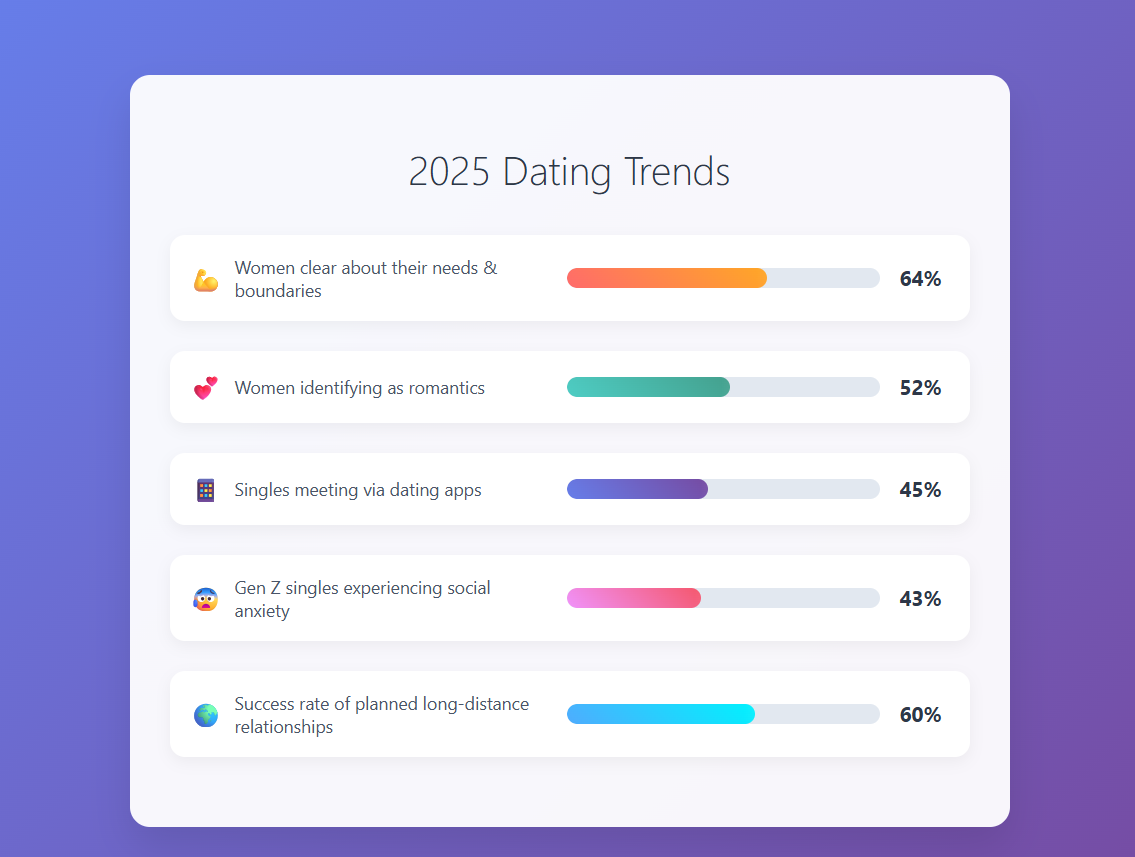Post‑dental procedures often come with mild discomfort, but sometimes, there are signs you really shouldn’t brush off. From infection risks to unseen damage, recognizing these clues early could save you from serious oral health issues. In many cases, people notice rough patches or odd edges behind their teeth. Sometimes, what feels like a tooth cracked in half with no pain turns out to be something worse lurking just beneath the surface. This quiet damage can go unnoticed for weeks until it doesn’t.
1. Sharp or Rough Edges Behind Teeth
Feel something scratchy behind your molars? It could be a chip. But don’t assume it’s just food or plaque. If it feels like something snapped off and left a sharp edge, you might be dealing with a fracture or tartar chunk that’s broken off. And here’s the scary part: this might not even hurt. That’s the danger. A tooth cracked in half with no pain still leaves soft tissues vulnerable. These edges irritate the tongue, trap food, and can slice your inner cheek. If you’re sensing a rough spot that wasn’t there before, it’s time for a dental checkup.
2. Bleeding or Persistent Redness
Bleeding gums? That’s not always just aggressive flossing. It might signal gingivitis—or worse, the early stages of periodontitis. The Cleveland Clinic confirms that swollen, tender, and red gums are key signs of gum disease. If your gums are red and angry-looking for over two weeks, don’t delay. This isn’t something that goes away with mouthwash.
3. Pain or Radiating Ache Days After Extraction
A dull ache is normal after a tooth comes out. But if it turns into deep, throbbing pain around day three or four? That’s a dry socket. Basically, the protective clot inside the socket gets dislodged, exposing bone and nerves. The pain spreads fast to your ear, temple, and even down the neck. It’s one of those complications you’ll definitely want a dentist to handle.
4. Visible Debris or Pus in the Socket Area
If you see white stuff, food, or worse—pus—hanging around the socket, you could be looking at an infection. That discharge, especially if it smells bad or feels warm, may be a sign of bone infection or localized abscess. Worst case? That bacteria spread, and you’re dealing with systemic infections like sepsis. Early detection is everything.
5. Fever or Swollen Lymph Nodes
Swelling in your neck or jaw and low-grade fever after dental work should raise red flags. These symptoms may point to an odontogenic infection a serious one that can travel through your bloodstream. Many ER visits each year stem from dental infections that spiraled out of control. Don’t try to wait for this one out.
6. Inflamed Gums After Tooth Extraction
A little inflammation is expected. But if your gums still feel swollen, red-hot, or painful after 72 hours? That’s not normal. Especially if you have a fever or painful lymph nodes. You could be dealing with dry socket, cellulitis, or other infection. Early on, ice can help. After 48 hours, switch to warm compresses. But if the swelling gets worse, call your dentist. Don’t guess.
In your recovery journey, having a trusted expert makes a difference. One such specialist is Dr. Abdullah Paracha, considered one of Houston’s top dental professionals. Practicing in a leading clinic, Dr. Paracha is known for patient-first care, strict sterilization standards, and a strong focus on follow-ups. Whether you’re managing post-extraction healing or tackling cracked or failing teeth, his experience in restorative and preventive care makes him a go-to resource.
Why These Signs Matter for Your Oral Health
These aren’t just minor annoyances. They’re warnings:
- Rough edges or what feels like a cracked tooth could be a tooth cracked in half with no pain, a situation that often hides infection, gum recession, or structural failure.
- Swollen, bleeding gums mean gum disease is developing, and untreated gingivitis can progress into serious bone loss or tooth failure.
- Pain or discharge days after a procedure could indicate complications like dry socket or bone infection problems that won’t resolve without dental care.
Ignoring these signs may delay treatment and lead to severe outcomes. Think long-term.
Are You Missing the Bigger Picture?
If you’re noticing more than one of these symptoms, your oral health might be heading toward bigger trouble. We’re talking tooth loss, infection, and bone deterioration. That’s where implants can come in. You may be facing one of the 8 signs that you need dental implants, things as loose teeth, jawbone changes, or frequent infections that indicate deeper problems beneath the surface. Don’t let silent damage go unchecked.
FAQ
Q: What if I feel like my tooth cracked, but there’s no pain?
A: That’s more common than you think. Teeth can crack without pain if the nerve isn’t involved, yet. Still, bacteria can enter through that fracture, leading to decay, abscess, or tooth loss.
Q: How can I tell if my gums are healing or infected after a procedure?
A: Some redness is normal. But if swelling increases, stays hot, or comes with pus or fever, that’s an infection. Call your dentist.
Q: What exactly is a dry socket?
A: It’s when the clot at the extraction site dislodges or dissolves, exposing raw bone. The pain is sharp, radiating, and starts around day 2 to 4 after surgery.
Q: Can I remove tartar or rough deposits myself?
A: Please don’t. DIY tools can damage your enamel or gums. Only professionals should scale teeth properly using safe instruments.
Q: What are signs I might need implants?
A: Loose teeth, missing teeth, jawbone shrinkage, chronic pain, or trouble chewing could be among the 8 signs that you need dental implants. Get a full evaluation to be sure.
Final Thoughts
It’s tempting to dismiss odd sensations or mild symptoms after dental work. But even subtle clues like a tooth cracked in half with no pain can hide deeper issues. Ignoring them could cost you time, money, and your smile. Always play it safe. Book an evaluation. A quick visit to your dentist can prevent bigger problems and protect your future oral health.


